Korean Pop, known universally as K-Pop, has been around since the 1990s. In 2012, a K-Pop artist known as PSY broke the internet with his hit “Gangnam Style,” garnering around 1.7 billion views on YouTube.
For many, PSY may be considered a trailblazer for K-Pop music, but he is unable to say he beat Justin Bieber, Selena Gomez, Ariana Grande and Shawn Mendes for the Top Social Artist award at the 2017 Billboard Music Awards. Actually, another K-Pop group did. A boy band called BTS took the award home, to the shock of many.
BTS, also known as the Bangtan Boys or Bulletproof Boy Scouts, is a seven-member South Korean boy band formed by Big Hit Entertainment. Their members include Jin, Suga, J-Hope, Rap Monster, Jimin, V and Jungkook. The ages of the group at the time of their debut, in 2013, ranged from 16 to 26.
They debuted with the song “No More Dream” from their first album called “2 Cool 4 Skool.” As BTS isn’t under the umbrella of the three major companies in South Korea (SM Entertainment, YG Entertainment or JYP Entertainment), it was unimaginable that BTS would become as popular as they did.
Within the majority of K-Pop groups, each member has a position or role that they are assigned or take on. Rap Monster, whose real name is Kim Nam Joon, is the group’s leader and main rapper. Outside of management, he’s responsible for the group and songs.
The oldest member, Jin, whose full name is Kim Seok Jin, is a vocalist, and most importantly, the visual of the group. Being the visual of the group means fans consider him the best-looking member. Also, in being the oldest, he is the one who usually takes care of the other members (as the hyung, or “older guy,” is known to do in Korean culture).
Suga, whose name is Min Yoon Gi, is one of the lead rappers within the group. Often, Suga delivers crisp lines in a manly, passionate fashion. J-Hope, whose real name is Jung Ho Seok, is also a lead rapper, but most importantly, he is the dancer of the group. As the dancer of the group, he is in charge of coming up with the choreography for many of the group’s songs. Jimin, whose full name is Park Ji Min, is the lead vocalist and the main dancer. Much of the singing is done by Jimin, but he’s also recognized for his execution of the dance moves.
V, whose real name is Kim Tae Hyung, is a vocalist and the mood maker of the group. While fans did not originally know who V was like they had other members at the time of the debut, he’s now known for his quirky behavior and deep voice. Lastly, Jungkook, whose real name is Jeon Jeong-guk, is a sub-rapper, the face of the group and the maknae (which means the youngest). Being the face of the group means Jungkook is often the center focus when it comes to songs and choreography.
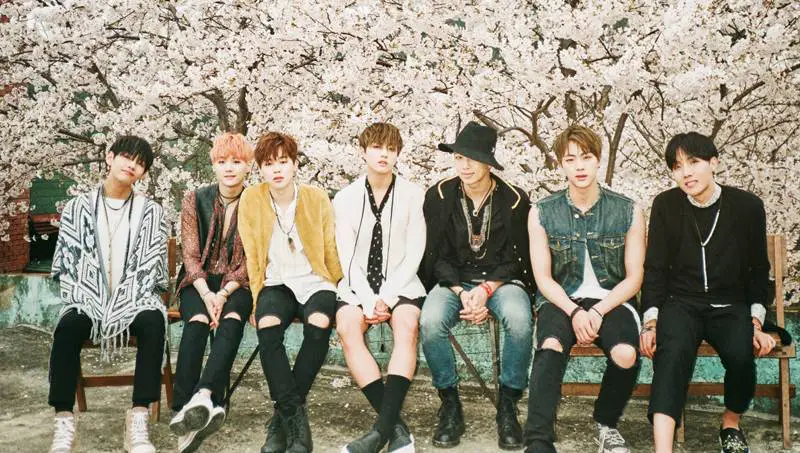
BTS started out fiercely, taking no prisoners. Like headhunters keeping body parts as mementos from a successful hunt, BTS are not strangers to bringing home awards. Their first album, “2 Cool 4 Skool,” won several New Artist of the Year awards at functions, such as the 2013 Melon Music Awards, the 2014 Golden Disk Awards and the 2014 Seoul Music Awards. It is composed of three songs, an intro, an outro, an interlude and a skit, which made the seven-track album a little over twenty minutes. The rap element found in the album gave BTS an edge.
The track “We Are Bulletproof Pt. 2” plays off of the name Bulletproof Boy Scouts. Throughout the song, the group repeats the English phrase “We are bulletproof,” showing everyone the song is a boast. The song was meant to announce their entrance into the music scene, letting rivals and fans know that they were untouchable.
The song uses loud thuds and faint sirens to match the hype of the track. As for “No More Dream,” similar background music is used while the lyrics ask “What is your dream?” The song promotes the idea that your life and future are yours to control, insisting that parents and society shouldn’t be what holds someone back from going for their dream.
With these outspoken themes, people of the younger generation could not help but take note of the group. BTS’ fans are known as ARMY, which stands for Adorable Representative MC for Youth. The reasoning behind the name is that “army” is military in English, and body armor and military are always together, meaning that the fans will always be with the Bangtan Boys. With their loyal ARMY, BTS’ singles and mini albums rose above the rest, and they continued to gain more and more momentum with each passing year.
However, it was the septet’s second full-length album, “Wings,” that caused American music awards to take notice. Released in October 2016, “Wings” contains fifteen tracks. The album touched on the theme of mental health, poked at the K-Pop “idol” scene and delivered a female-empowerment anthem, which are all considered unusual, as the norm for K-Pop music is talking about break-ups and partying.
The most noticeable song on the album is the Moombahton trap single “Blood Sweat & Tears,” which is considered Major Lazer-esque due to the arrangement of the music and the tempo. With its combination of house music and reggaetón, “Blood Sweat & Tears” quickly became the group’s first, domestic number-one hit on Gaon Digital Chart, as well as becoming the first song from the group to sell over one million copies in South Korea. Like the rest of the album, the message of the single stands out. According to Rap Monster, the song is about how a person thinks, chooses and grows, especially in the face of temptation.
How did BTS manage to gain the attention of fans in the U.S.? The answer was given in an article on Billboard.com. Grace Jeong, editor-in-chief of “Soompi,” an 18-year-old K-pop news and media site, said, “The group blends individual artistry, which is what the U.S. audience expects in their music, and the K-pop system, which focuses more on the group sound and teamwork.” She continued, saying, “BTS has something to say, and has a great marketing strategy that doesn’t alienate non-Korean-speaking fans.” Which is entirely true. BTS has had outstanding themes since their debut, themes that speak to many cultures.
Thus, BTS found themselves as nominees for the Top Social Artist award at the 2017 Billboard Music Awards. When they were announced in the line-up, fans screamed loudly. When they were announced as the winners, the cheers were deafening.
While some may say BTS have yet to break into mainstream music, it cannot be ignored that they’ve done something no other K-Pop artist has done. Being the first ever K-Pop group to take home a trophy at the Billboard Music Awards is only the beginning for BTS. Fans are uniting to have them nominated for the 2017 Teen Choice Awards. The American dance-rock band DNCE have mentioned being interested in collaborating with the group. BTS is truly bulletproof and showing the world they won’t stop.


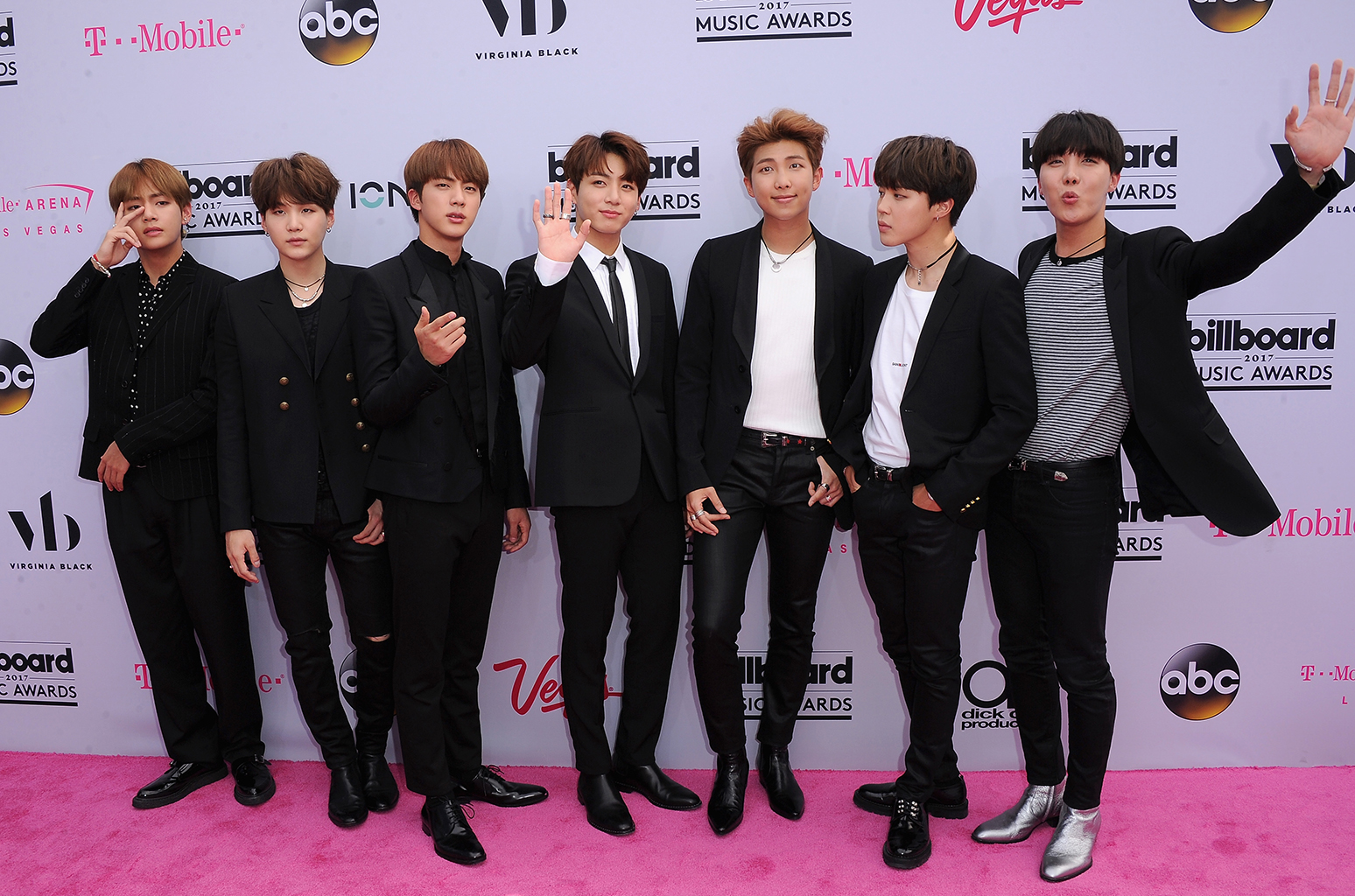

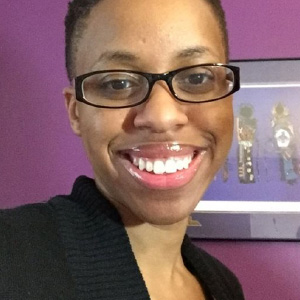
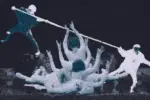
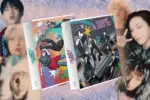

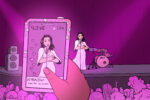
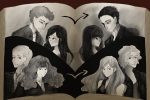








BTS truly deserves their success. They have toured all over the world and sold out many of their arenas. They worked hard together in order to sing to English, Korean and Japanese during their tour stops. The group produces and writes many of their own songs. In fact, each member wrote the lyrics to their solo song except for the youngest, Jungkook (whose lyrics were written by Rap Monster).
Jungkook is the lead vocalist for BTS. The vocalists are Jin, V, Jimin and Jungkook. The rappers are Rap Monster, Suga and J-Hope.
Just to clarify that Jungkook is actually the main vocal. He ‘was’ a sub-rapper. He is also part of the dance line, a golden maknae indeed. Also, Suga/Yoongi actually produces too. He not only released his own self produced mixtape, he also produces for other artists and the song managed to become one of the most popular songs in South Korea in 2017. But otherwise this was a great article.
I am a new fan and only found them like two-three months ago perhaps. While I enjoy many of their songs, I am always confused with a claim that their songs are about women empowerment. Could you enlighten me?
Listening to Namjoon’ predebut songs, War of Hormone, Boy in Love, and some of others made me think otherwise. I feel like they are still naive in regard to respecting women beyond traditional sense. I personally don’t expect them raising awareness on these issues if they are no master at that.
Thank you for writing such a great article! BTS inspires ARMY to become kinder, more hardworking and informed people. They’re really fantastic role models and that’s why we love them so deeply. Hoping BTS can push K-pop into the attention it deserves ?
Hi! So, basically… Namjoon’s pre-debut tracks are a big meme among the fandom for a reason, I’d cut him some slack because he was very young at the time.
Boy in Luv and War of Hormone are where it gets really interesting. The thing about them is that they are meant to be humorous if earnest songs about the awkwardness that is boyhood and having raging hormones, and dealing with feelings for the first time. I’d like to mention Danger too, that one is a slightly different beast – very uncomfortable lyrics, but I believe purposefully so.
What I’m getting at is, I don’t think people give enough credit to the boys and their team, they are more self-aware than most think and there is some distance between them and the protagonists in their songs. The signs are in the details; for example in Danger MV, the book on Namjoon’s desk is The Catcher in the Rye (they also reference it in later MVs); it’s a telling choice – a novel about the idealism of youth, but more importantly about its blind spots. BTS’s entire oeuvre is a sort of growing up story, and songs like these are snapshots of how the world looks at different stages of youth.
That said, artistic intent is one thing and the interplay between a work of art and the socio-cultural context it exists in is another. People have taken issue with the lyrics before, and BTS and BigHit issued an apology, reaffirming their desire to use their position as idols to have a positive influence. It might have seemed as empty words at the time, but they did actually come back with 21st Century Girls, which the article is right to call a female-empowerment anthem. There was also the “glass ceiling” line in Not Today, which of course is not only about women, but it caused some controversy, with people saying like you do that it’s not BTS’s place to be talking about issues like that. I’d like to quote Namjoon’s answer: “We used the word to state that we won’t stay silent about the social and unreasonable matters and we will join them in breaking these problems and problem-posing. We read books together and discuss the problems together with experts from each field. It’s true that we still lack a lot but we believe that we can grow by listening to criticisms and by thinking. We will humbly accept criticisms and accept to improve.”
TL;DR They boys are growing and so are the protagonists of their songs, 21st Century Girls is the song in question, BTS are only humble kings committed to being a force of positive change.
Thank you for the article. We appreciate your time, effort and interest in BTS!